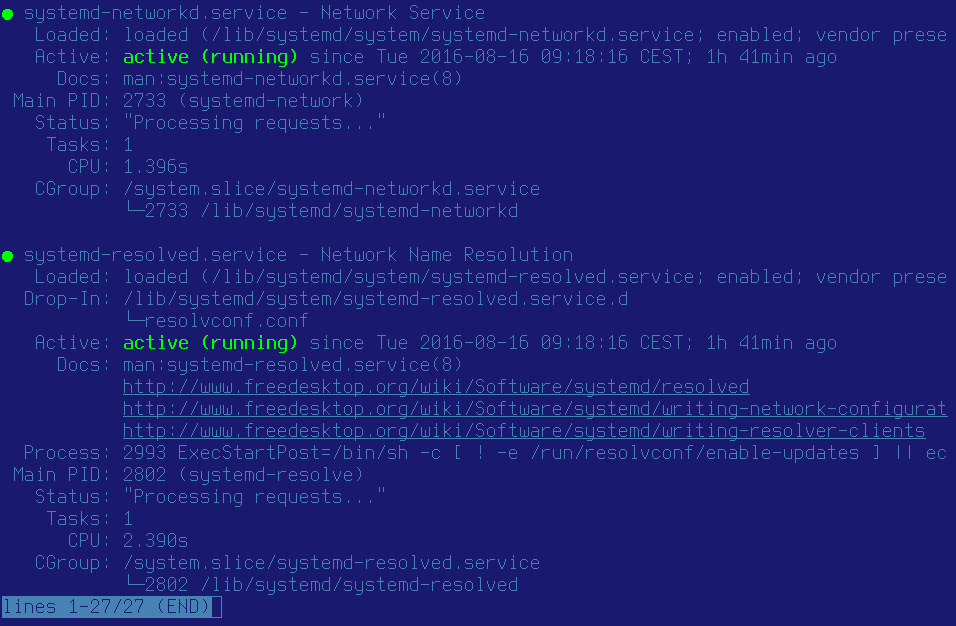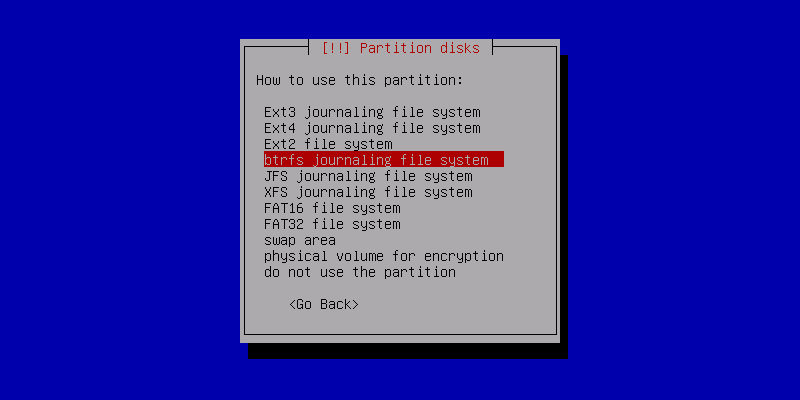On a laptop, per-distribution network tools like ifupdown, network-scripts and netcfg are a bit limiting. NetworkManager is a reasonable solution to roaming and using multiple networks, but for those of us who don’t run environments like GNOME, it’s a little opaque, even now that it has nmcli.
Systemd ... [continue reading]









